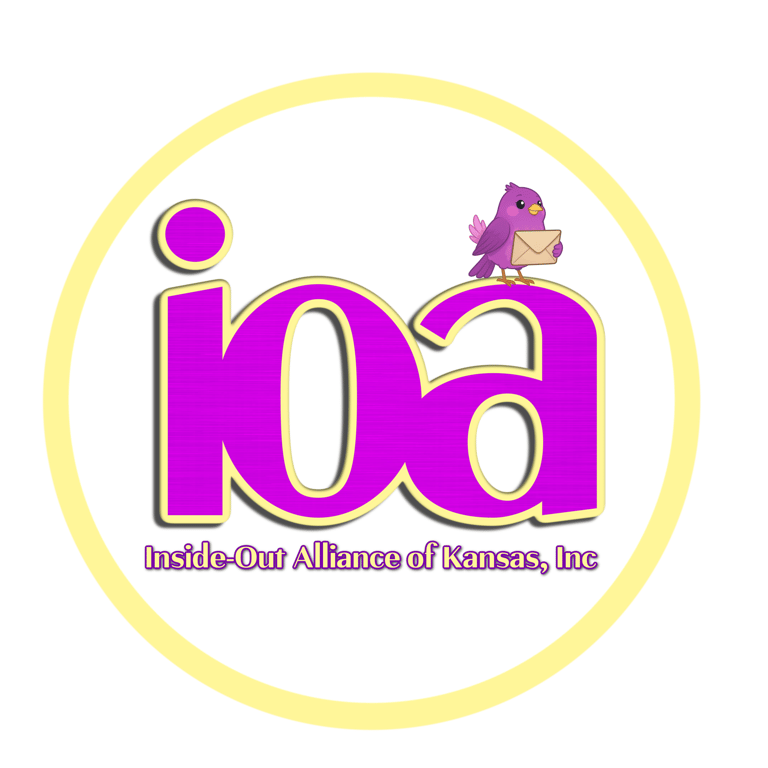Inside-Out Alliance of Kansas, Inc.


Hutchinson Correctional Facility


Overview:
Hutchinson Correctional Facility (HCF), Kansas’s second-largest prison for adult males, houses 1,784 residents across maximum, special management, medium, and minimum security levels. Its facilities include a walled main compound, an off-site medium-custody unit, and a minimum-security area. HCF also operates a KDOC transportation center, moving residents among state prisons.


Warden:
Dan.Schnurr@ks.gov
Phone: (620) 662-2321
Fax: (620) 728-3473
Inmate Mail:
First & Last Name, KDOC #
Hutchinson Correctional Facility
PO Box 1568
Hutchinson, KS 67504-1568
Education
The Department of Corrections contracts for its educational and vocational services.The education program offers a computer-based system that utilizes the “A+dvanced Learning System” for the GED program.The curriculum has a literacy component to improve reading and math skills. Special Education is provided for students under the age of 21 and Title 1 services are provided.
The education program offers a computer-based system that utilizes the “A+dvanced Learning System” for the GED program.
The curriculum has a literacy component to improve reading and math skills.
Special Education is provided for students under the age of 21 and Title 1 services are provided.
Central Unit Education
Vocational programs offered are funded through a CBJT grant with Barton Community College and a cooperative effort with Hutchinson Community College. The programs are offered in HVAC, plumbing, AutoCAD, and manufacturing skills.
East Unit Education
Vocational programs are offered in home building and construction woodworking.
Reentry
HCF provides reentry planning and training in the following areas:
Money Smart
Parole Interactions
Pre-Employment
Relapse Prevention
Resource Rooms
Tenant Responsibilities
Thinking for a Change
Veterans Benefits
Freedom Challenge
Freedom Challenge (affiliated with Teen Challenge International) is a faith-based, life skills program/work detail that addresses a resident’s life-controlling issues by applying biblical principles to their everyday life in order to overcome the life-controlling issues that lead to their incarceration. The eight-month program contains an aftercare component inside and outside of prison, mentoring and community resources.
The program's mission is “setting prisoners free;” not from the prison bars they reside in, but from the life-controlling issues that placed them there.
The word Freedom in the program's names stands for: FACILIATE change by RENEWING the mind, ESTABLISHING life skills and ENCOURAGING hope for a better future while helping individuals to DEVELOP character, OVERCOME adversities and MAINTAIN momentum for life.
Inmate Clubs & Opportunities
Resident Clubs
Reaching Out From Within - Central, East, and South Units
Rock Castle Community- Central Unit
Genesis Outreach - East Unit
Incarcerated Veterans - East Unit
Other Opportunities
Handicrafts - Central, East, and South Units
Hobby Shop - East Unit and South Unit
Wild Horse Program
The Wild Horse Program at HCF partners with the Bureau of Land Management to gentle and train wild horses from public lands. Residents participating in this program learn horsemanship skills, including how to care for, handle, and train wild horses for adoption. This program not only provides valuable vocational training but also fosters patience, responsibility, and personal growth. By working with the horses, residents gain unique skills and experiences that can benefit them both personally and professionally upon release.
CARES & Lucky Dog Program
CARES
CENTRAL UNIT:
Canine Assistance Rehabilitation Education Services (CARES) provides residents the opportunity to learn how to train service dogs. Following training, the dogs are then placed with disabled individuals. While providing a valuable service to the community, the residents learn patience, responsibility, leadership skills, social skills and communication skills.
Lucky Dog
EAST UNIT:
Through the Lucky Dog program, dogs receive training from residents who teach the dogs basic obedience commands such as sit, lie down and stay. The dogs are house broken, crate trained and are taught to walk on a leash. This is a second chance for the lucky dogs that would likely otherwise have been euthanized. Begun in 2002 with just one dog, the Lucky Dog Program has since grown to 15 dogs that are trained between 60 to 65 residents. There are at least 4 residents assigned to each dog. A few residents also are trained to serve as extra handlers as needed. All funding for this program is generated through the Friends of Animals in Need, Inc.
Recycling
The Recycling Program at HCF is an eco-friendly initiative where residents process materials like cardboard, plastics, and metals. By participating in recycling efforts, residents gain valuable work experience while helping to reduce waste and support sustainability. This program not only provides practical job skills but also promotes environmental responsibility and community awareness.
